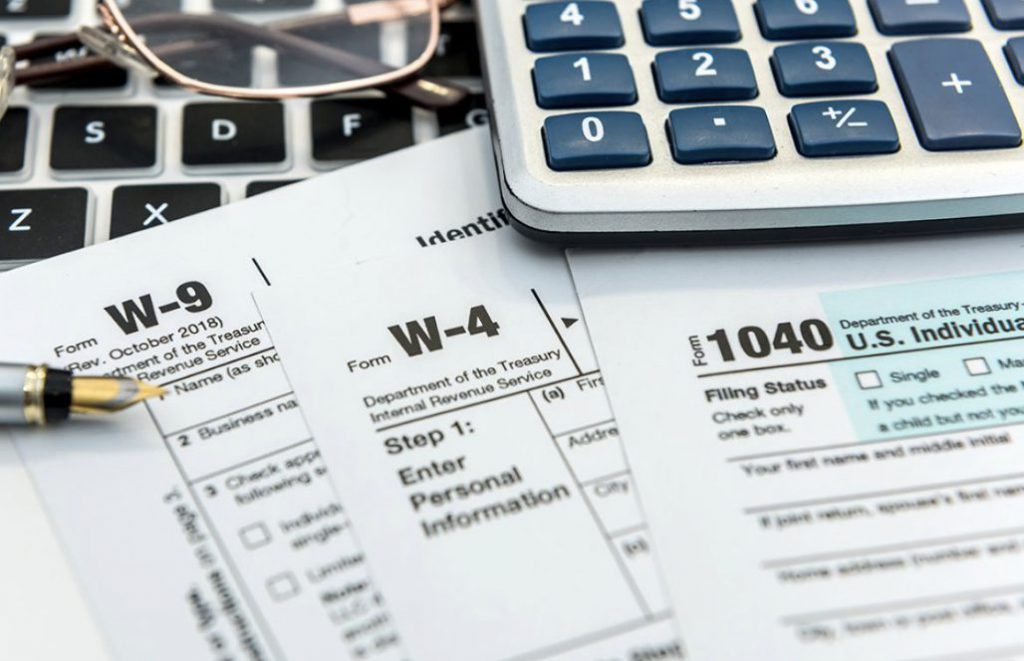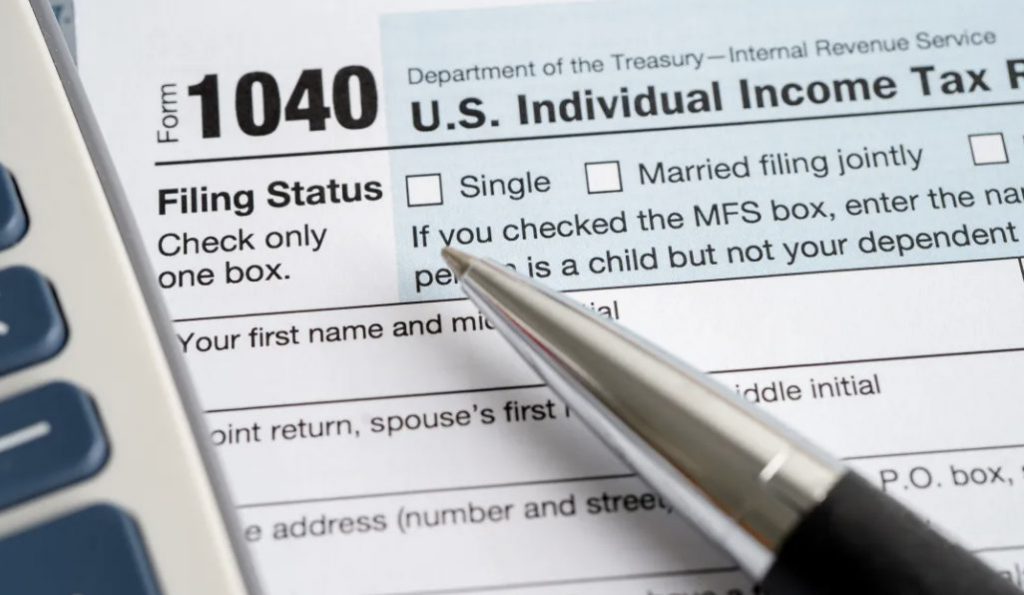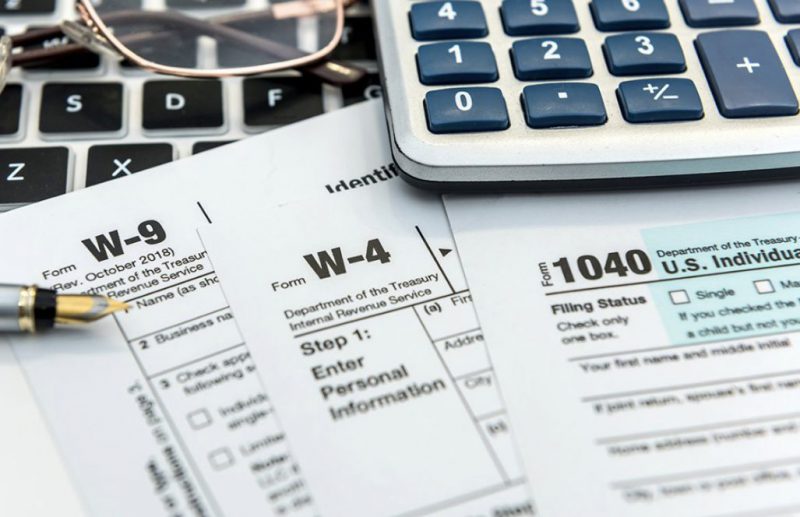What is the Tax Amortization Benefit?
You’re finally doing your taxes and you’ve come up against the term “tax amortization.”
Today, we will review the essentials of tax amortization benefits, whether you’re a business owner, investor, or someone just interested in the topic.
Understanding this concept can help provide some great insight into maximizing tax deductions and optimizing your finances.
Also read: US Loses Control, BRICS Becoming Mouthpiece of Non-Western Countries


What is the Tax Amortization Benefit?
A tax amortization benefit refers to the tax deduction that a business or person can claim.
Typically, it refers to intangible assets.
For example, a tangible asset is something like a building or piece of equipment.
These types of assets typically depreciate over time.
An intangible asset like a patent or copyright can be amortized for tax purposes. This means that the cost of acquiring or creating this particular asset can be spread out over their life, which results in saving some money when it comes to tax savings.
Understanding the Tax Benefits
The tax benefits of amortizing intangible assets help to reduce taxable income and lower your tax liabilities. This will allow you to recoup your investment in intangible assets over time if you want to enjoy immediate savings.
Also read: Serbia To Join BRICS in 2024?


Types of Intangible Assets
So what are some other types of intangible assets that you can claim?
They come in various forms, such as internally developed software or the trademarking of a certain brand that you’re launching.


Conclusion
So, in conclusion, tax amortization is super beneficial because it allows businesses and individuals to deflect the cost of an intangible asset over time. This allows you to spread the cost of creating an asset over time instead of forking over hundreds of dollars to the IRS.
So maybe now that you have saved some money on filing taxes, you can focus on the next best thing.





